International Relations
Relations across the UK, Europe and globally are frequently changing, and have done so across our history. How these relations are recorded, monitored and treated are discussed in the collection of articles and podcasts here. The very concept of international relations is explored as are when boundaries and discussions between states and groups started to matter. What are the procedures, protocols and outcomes of a world according to the history of international relations are all under scrutiny?
Sort by:
Date (Newest first) | Title A-Z
Show:
All |
Articles |
Podcasts |
Multipage Articles
-

Monty’s school: the benign side of Viscount Montgomery of Alamein
ArticleClick to view -
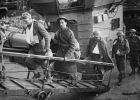
Why was it so important to see Dunkirk as a triumph rather than a disaster in 1940?
ArticleClick to view -
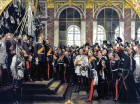
Blood and Iron: the violent birth of modern Germany
ArticleClick to view -

Kennedy and the Bay of Pigs
ArticleClick to view -
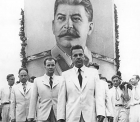
What difference has the opening (and closing) of archives after 1991 made to the historiography of the Cold War?
ArticleClick to view -

Enduring Civilisation: cities and citizens in the ‘Aztec Empire’
ArticleClick to view -

What is interesting about the Cold War?
ArticleClick to view -

Migration into the UK in the early twenty-first century
ArticleClick to view -

The great British postwar exodus
ArticleClick to view -

What is interesting about the interwar period?
ArticleClick to view -

What is interesting about the world wars?
ArticleClick to view -

Film: Foreign Relations and Tudor Royal Authority – discussion
ArticleClick to view -

Britain and Brittany: contact, myth and history in the early Middle Ages
ArticleClick to view -
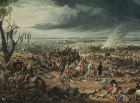
Losing sight of the glory: five centuries of combat surgery
ArticleClick to view -
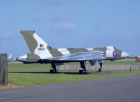
History Abridged: Operation Black Buck
ArticleClick to view -

Out and About in Upper Weardale
ArticleClick to view -

What have historians been arguing about... decolonisation and the British Empire?
ArticleClick to view -

Linking Law: Viking and medieval Scandinavian law in literature and history
ArticleClick to view -
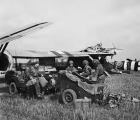
Do historical anniversaries matter? Case study: Arnhem 1944
ArticleClick to view -
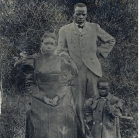
Real Lives: The Reverend John Chilembwe
ArticleClick to view

